Life moves fast. Between work demands, personal commitments, and the constant ping of notifications, it’s easy to feel like your day controls you rather than the other way around. But what if you could flip the script? What if you could take command of your hours and make them work for you?
Taking control of your day isn’t just about checking items off a to-do list—it’s about intentionally designing your time to align with your priorities and goals. When you master this skill, you’ll not only accomplish more but also experience less stress and greater satisfaction.
Key Takeaways
- Identify your most productive hours and schedule important tasks during these peak energy periods
- Implement time-blocking to dedicate focused attention to specific activities
- Establish morning and evening routines that bookend your day with purpose
- Use the two-minute rule to prevent small tasks from piling up
- Practice mindfulness to stay present and make conscious decisions about your time
- Set clear boundaries to protect your time and energy
- Regularly review and adjust your approach to optimize your daily flow
Understanding Your Productivity Patterns
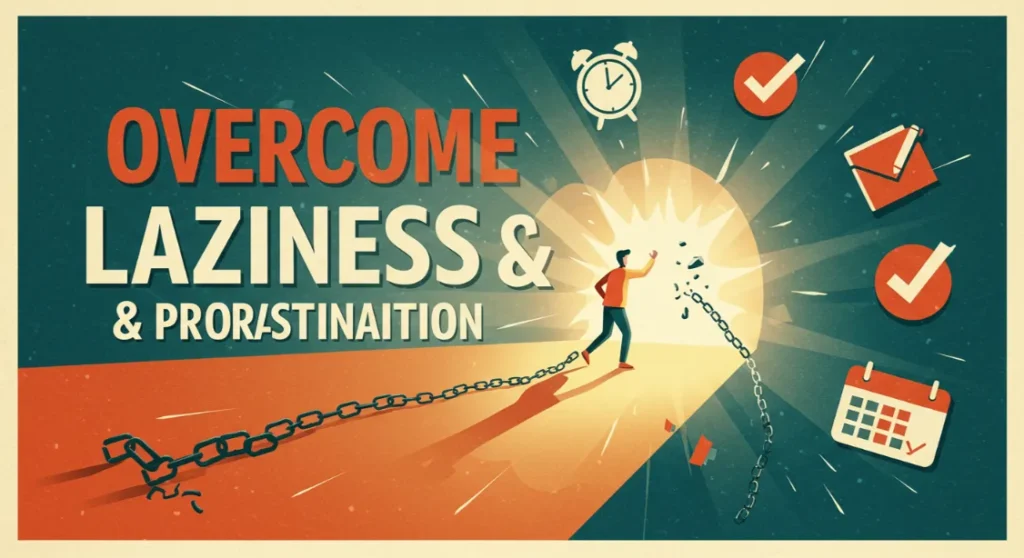
Before you can take control of your day, you need to understand when and how you work best. We all have natural rhythms that influence our energy and focus throughout the day.
Identify Your Peak Performance Times
Are you a morning person who tackles complex tasks with ease before noon? Or does your creative energy surge in the afternoon or evening? Pay attention to when you naturally feel most alert and productive.
Once you’ve identified these peak performance windows, protect them fiercely. Schedule your most challenging and important work during these times. Save routine tasks and administrative work for when your energy naturally dips.
Recognize Your Energy Drains

Just as important as knowing when you’re at your best is understanding what depletes your energy. These might include:
Excessive meetings
Constant interruptions
Social media distractions
Certain types of tasks or people
By identifying these energy vampires, you can develop strategies to minimize their impact on your day. This might mean managing work stress more effectively or creating boundaries around when and how you engage with draining activities.
Essential Strategies for Daily Control
Now that you understand your natural patterns, let’s explore practical strategies to take command of your day.
1. Start with a Powerful Morning Routine

How you begin your day sets the tone for everything that follows. A thoughtful morning routine primes your mind and body for success.
Consider incorporating these elements into your morning:
Mindfulness practice or meditation
Physical movement or exercise
Review of your daily priorities
Nutritious breakfast
Hydration
A morning routine for success doesn’t need to be lengthy—even 15-30 minutes of intentional activity can transform your day.
2. Master Time-Blocking
Time-blocking is a game-changing technique that involves scheduling specific blocks of time for different types of work. Rather than working from an endless to-do list, you dedicate chunks of your day to focused activities.
For example:
8:00-10:00 AM: Deep work on priority project
10:00-10:30 AM: Email and communication
10:30-12:00 PM: Meetings
12:00-1:00 PM: Lunch and movement break
This approach helps you focus on one task at a time rather than multitasking, which research shows reduces productivity by up to 40%.
3. Implement the Two-Minute Rule
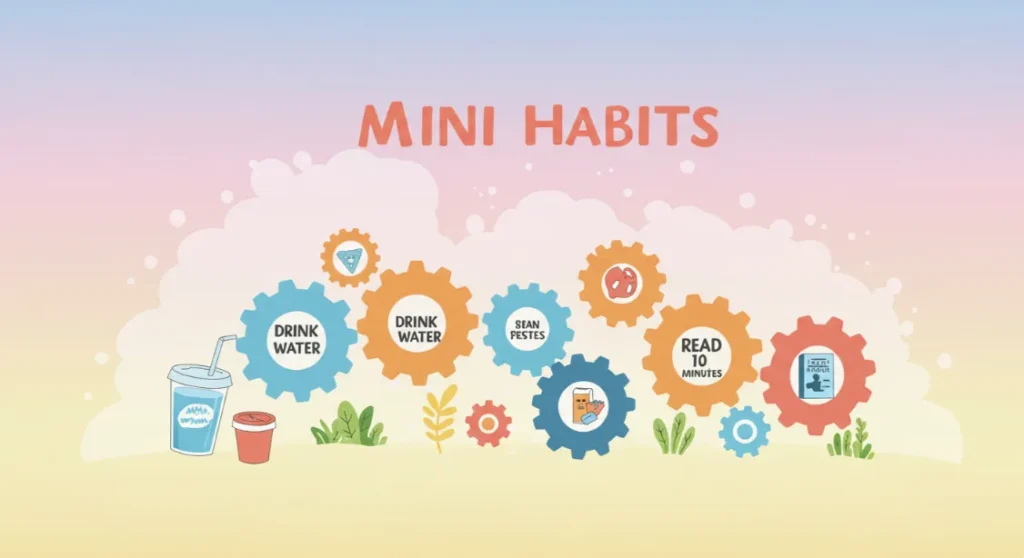
Small tasks can quickly accumulate and create mental clutter. The two-minute rule, popularized by productivity expert David Allen, offers a simple solution: If a task takes less than two minutes to complete, do it immediately rather than scheduling it for later.
This prevents minor items from piling up and creating overwhelm. It’s a powerful way to get more done in less time and maintain momentum throughout your day.
4. Harness the Power of the Pomodoro Technique

The Pomodoro Technique involves working in focused sprints (typically 25 minutes) followed by short breaks (5 minutes). After completing four cycles, you take a longer break of 15-30 minutes.
This method leverages our brain’s natural attention span and helps prevent burnout. It’s particularly effective for tasks requiring deep concentration and can help you overcome laziness and procrastination.
5. Practice Strategic Batching
Task batching involves grouping similar activities together to reduce the mental cost of context switching. For example:
Batch all your emails and communications
Schedule meetings back-to-back
Process all financial tasks at once
Group creative work in dedicated blocks
This approach streamlines your workflow and helps you maintain focus. It’s one of many productivity hacks that can significantly increase your efficiency.
Mindset Matters: The Psychology of Daily Control
Taking control of your day isn’t just about tactics and techniques—it’s also about cultivating the right mindset.
Embrace a Growth Mindset

A growth mindset sees challenges as opportunities for learning rather than insurmountable obstacles. When you encounter difficulties in your day, approach them with curiosity rather than frustration.
Ask yourself:
What can I learn from this situation?
How might I approach this differently next time?
What resources or support might help me navigate this challenge?
This perspective transforms setbacks into stepping stones for improvement.
Practice Mindfulness Throughout Your Day
Mindfulness—the practice of being fully present and engaged in the current moment—is a powerful tool for taking control of your day. When you’re mindful, you make conscious choices about how to spend your time rather than reacting to whatever demands your attention.
Incorporating mindfulness for productivity can be as simple as taking a few deep breaths before transitioning to a new task or pausing to check in with yourself throughout the day.
Cultivate Gratitude
It might seem counterintuitive, but practicing gratitude can significantly enhance your productivity and sense of control. When you appreciate what’s going well, you build positive momentum that carries you through challenges.
Take a moment each day to acknowledge what you’re grateful for—whether it’s supportive colleagues, good health, or simply the opportunity to do meaningful work. The power of gratitude extends far beyond feeling good; it actually rewires your brain for greater resilience and focus.
Overcoming Common Obstacles

Even with the best strategies, you’ll encounter obstacles to controlling your day. Here’s how to navigate some of the most common challenges.
Taming the Email Beast
Email can quickly consume your day if you let it. Instead of checking your inbox constantly, schedule specific times for email processing. Consider these approaches:
Check email only 2-3 times per day
Use templates for common responses
Unsubscribe from unnecessary lists
Set up filters to organize incoming messages
Remember that email is someone else’s to-do list for you—be intentional about when and how you engage with it.
Managing Interruptions
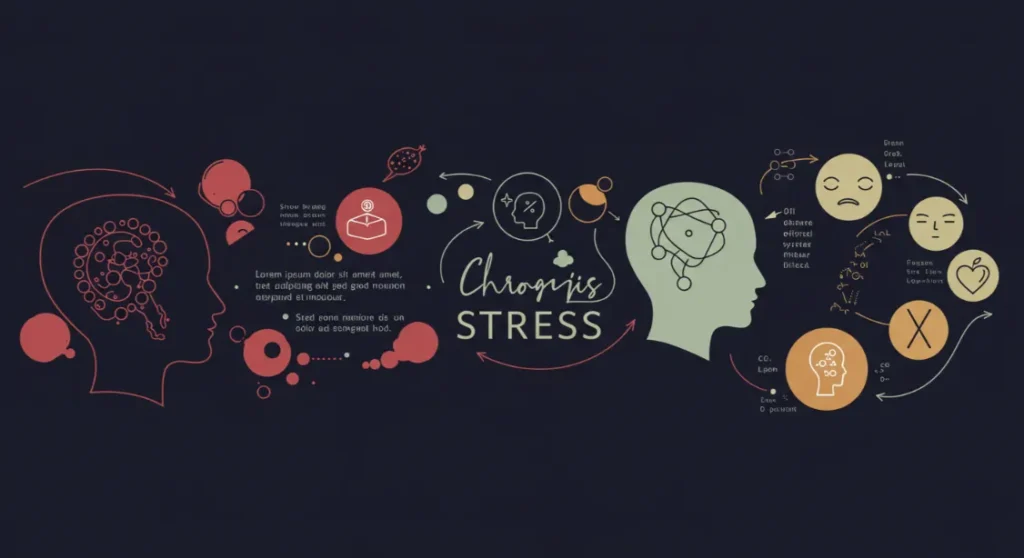
Interruptions are productivity killers. While some are unavoidable, you can minimize their impact by:
Wearing headphones as a “do not disturb” signal
Setting status messages on communication platforms
Establishing “office hours” for questions and check-ins
Creating designated focus time on your calendar
These boundaries help you maintain the deep focus needed for your most important work.
Conquering Procrastination
Procrastination often stems from psychological barriers rather than laziness. Understanding the psychology of procrastination can help you develop effective strategies to overcome it.
Try these approaches:
Break large tasks into smaller, more manageable steps
Use implementation intentions (“When X happens, I will do Y”)
Address the emotions (fear, anxiety, perfectionism) behind your procrastination
Create accountability through deadlines or commitment partners
By addressing the root causes of procrastination, you can reclaim control of your schedule and priorities.
Building Sustainable Daily Habits
Taking control of your day isn’t a one-time achievement—it’s an ongoing practice built on consistent habits.
Start Small with Mini Habits
Rather than attempting a complete overhaul of your daily routine, begin with small, manageable changes. These mini habits are easier to maintain and can gradually transform your approach to time management.
For example:
Spend 5 minutes each evening planning the next day
Take a 2-minute breathing break between meetings
Clear your desk before leaving work
Turn off notifications during your first hour of work
These small actions compound over time to create significant improvements in how you control your day.
Track Your Progress
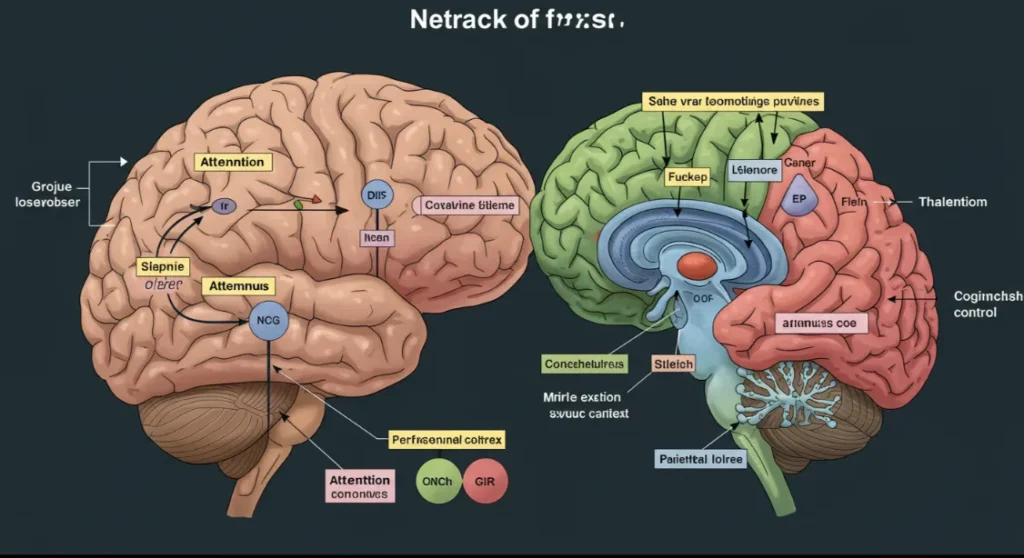
What gets measured gets managed. Consider keeping a simple log of how you spend your time for a week. This awareness alone can highlight opportunities for improvement and help you stay on track with goals.
You might be surprised to discover how much time goes to low-value activities or how certain tasks consistently take longer than expected. This data provides valuable insights for refining your approach.
Celebrate Wins and Adjust as Needed
Taking control of your day is a journey, not a destination. Celebrate your successes, no matter how small, and be willing to adjust your approach based on what you learn.
Remember that different seasons of life may require different strategies. The techniques that work during a busy project phase might need adjustment during periods of creative work or team collaboration. Stay flexible and commit to self-improvement as you refine your approach.
The Bigger Picture: Aligning Daily Control with Life Goals
Taking control of your day isn’t just about productivity—it’s about creating space for what truly matters to you.
Connect Daily Actions to Larger Purpose
When your daily activities align with your core values and long-term goals, you experience greater motivation and satisfaction. Regularly ask yourself:
How does this task contribute to my larger goals?
Is this the best use of my time right now?
Will I be proud of how I spent this day?
This perspective helps you prioritize tasks that move you toward your vision rather than just keeping busy.
Leave Room for Rest and Renewal
Controlling your day doesn’t mean scheduling every minute. Paradoxically, building in time for rest and renewal actually enhances your productivity and sense of control.
Ensure your schedule includes:
Breaks throughout the day
Time for physical movement
Space for creative thinking
Adequate sleep and recovery
Understanding the connection between sleep and mental health can motivate you to prioritize rest as a productivity strategy, not just a luxury.
Embrace the Benefits of Stepping Outside Your Comfort Zone
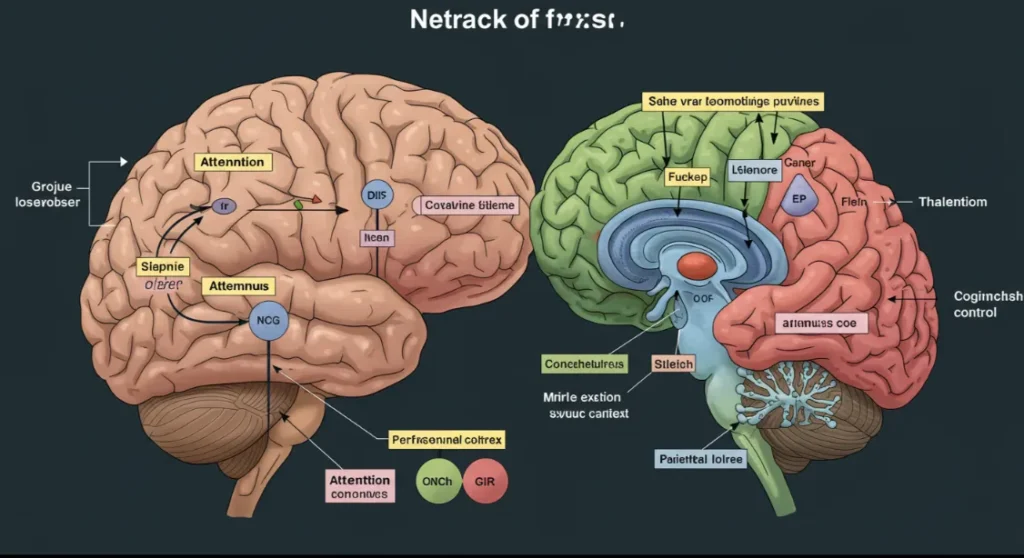
Taking control of your day sometimes means pushing beyond familiar routines. The benefits of leaving your comfort zone include enhanced creativity, greater resilience, and accelerated personal growth.
Challenge yourself to:
Try new productivity techniques
Tackle your most difficult tasks during peak energy times
Have challenging conversations rather than avoiding them
Learn new skills that expand your capabilities
These stretches build your capacity to handle whatever comes your way with greater ease and confidence.
Conclusion: Your Day, Your Way

Taking control of your day is one of the most powerful ways to enhance your quality of life and achieve your goals. By understanding your natural rhythms, implementing effective strategies, cultivating a supportive mindset, and building sustainable habits, you can transform your relationship with time.
Remember that mastery comes through practice. Each day offers a new opportunity to refine your approach and strengthen your sense of control. Be patient with yourself, celebrate progress, and keep experimenting to find what works best for you.
The ultimate goal isn’t perfect productivity—it’s creating days that reflect your priorities and bring you satisfaction. When you take control of your day, you take control of your life, one hour at a time.